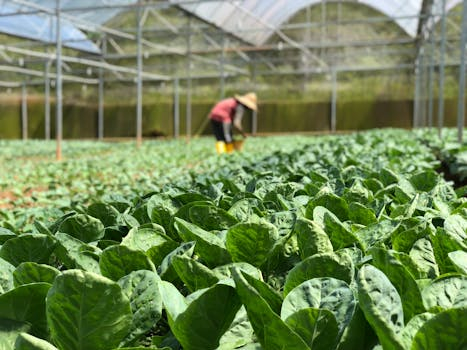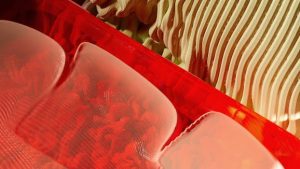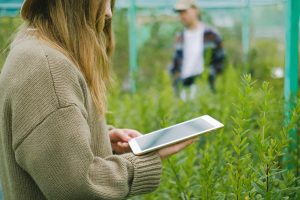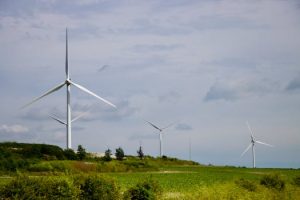Automated Farming Techniques: AI for Precision Agriculture
Agriculture has been a vital part of human civilization for thousands of years, providing nutrition and sustenance for our ever-growing population. However, with the rapid advancements in technology, the traditional methods of farming have become inefficient and unsustainable. This has led to the emergence of precision agriculture, which leverages the power of artificial intelligence (AI) and automation to transform the agricultural industry. In this article, we will delve into the concept of automated farming techniques and how AI is revolutionizing precision agriculture.
The Need for Automation in Agriculture
In recent years, the global population has soared, leading to a surge in demand for food production. This, coupled with the shrinking availability of arable land, has put immense pressure on the agriculture industry. The traditional methods of farming that heavily rely on manual labor and guesswork are no longer sufficient to meet this increasing demand. This is where automation comes into play.
Automated farming techniques utilize advanced technologies such as robotics, sensors, and AI to make the farming process more efficient, accurate and cost-effective. With the help of these technologies, farmers can monitor and manage their crops in real-time, leading to higher yields and better quality produce.
How AI is Transforming Precision Agriculture
Predictive Analytics for Improved Decision Making
One of the most significant benefits of AI in precision agriculture is its ability to analyze data and make predictions. AI algorithms can process vast amounts of data collected from sensors, drones, and other devices to identify patterns and make accurate predictions about crop yield, soil health, and pest infestations. This information empowers farmers to make informed decisions about crop management, leading to increased productivity and reduced costs.
Remote Monitoring and Control
Automated farming techniques also allow farmers to remotely monitor and control their crops. With the help of sensors and drones, farmers can collect real-time data on soil moisture levels, weather patterns, and plant growth. This data can then be used to adjust irrigation and fertilization levels, reducing wastage and optimizing resource usage.
Precision Livestock Management
AI is not just limited to crop production; it is also revolutionizing livestock farming. With the help of AI-powered sensors and wearable technology, farmers can monitor the health and behavior of their animals, such as milk production, body temperature, and movement patterns. This data enables farmers to detect any issues early on and provide timely treatment, leading to healthier and more productive animals.
The Future of Automated Farming Techniques
The potential for AI in precision agriculture is vast and ever-evolving. As technology continues to advance, we can expect to see further integration of AI in farming techniques. One of the most promising developments is the use of drones equipped with advanced sensors and AI software to perform tasks such as planting, irrigation, and monitoring. This will significantly reduce the need for manual labor, making farming more efficient and cost-effective.
Another area where AI is expected to have a significant impact is in sustainable agriculture. By analyzing soil and weather data, AI algorithms can help farmers optimize their farming practices to reduce water usage, minimize chemical usage, and enhance soil health. This not only benefits the environment but also leads to higher yields and better crop quality.
Conclusion
Automated farming techniques powered by AI are transforming the way we produce food. With the world population expected to reach nearly 10 billion by 2050, it is crucial to adopt sustainable and efficient farming methods to meet the rising demand for food. By leveraging the power of AI, farmers can achieve higher yields, reduce costs, and contribute to a more sustainable future for agriculture.
As the saying goes, “necessity is the mother of invention,” and the need for efficient and sustainable food production has paved the way for the integration of AI in precision agriculture. With further advancements in technology, we can expect to see even more innovative solutions to the challenges facing the agricultural industry. It is safe to say that the future of farming is becoming increasingly automated, and AI will continue to play a crucial role in shaping it.







